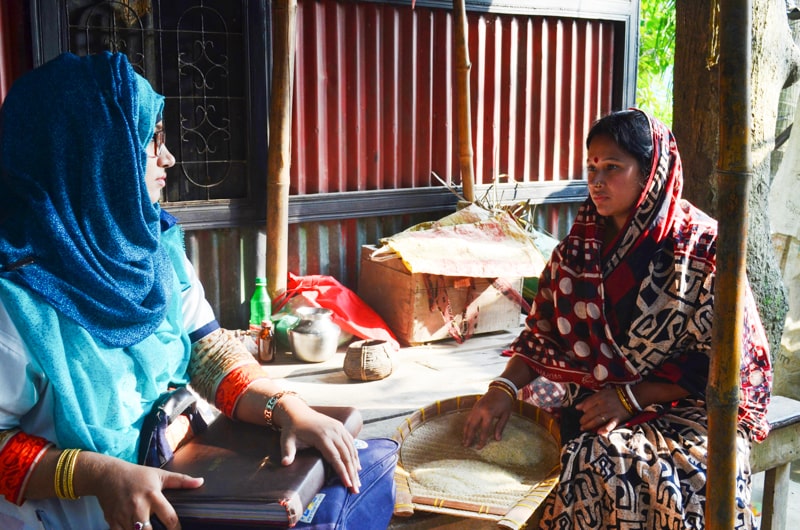Challenge TB
Challenge TB

Overview
The USAID-funded, KNCV-led Challenge TB (CTB) project operated from 2014 to 2019 in 24 countries and two regions. The overall purpose of CTB was to support countries with high burdens of tuberculosis (TB), multidrug-resistant TB (MDR-TB), and TB/HIV to achieve their National Strategic Plan goals, contribute to the US Government TB Strategic Targets, and make progress toward the post-2015 global goals. More than 10 million people were successfully treated for TB, and 275,000 patients received treatment for drug-resistant TB. MSH was a major partner in this global effort, leading the programs in Afghanistan, Bangladesh, and South Sudan, and making a major contribution to those in the Democratic Republic of Congo, Ethiopia, and Nigeria.
In each country, MSH worked to:
- Engage all stakeholders through a comprehensive, multi-sectoral approach, and integrate TB services with other services where TB patients were found.
- Empower stakeholders including youth, women, and communities by building their leadership, management, and technical capacity.
- Evaluate interventions and innovative approaches and measure results at all levels.
- Expand access to the full range of providers and remove barriers to services.
Accelerating the End of TB: Field Research from Management Sciences for Health — 2008-2022
Bridging the accountability gap in our fight against TB
The 51st Union World Conference On Lung Health
Donors & Partners
Donors
The United States Agency for International Development
Japan Anti-Tuberculosis Association
Partners
KNCV Tuberculosis Foundation
FHI 360
International Union Against Tuberculosis and Lung Disease
Japan Anti-Tuberculosis Association
PATH
World Health Organization (WHO)